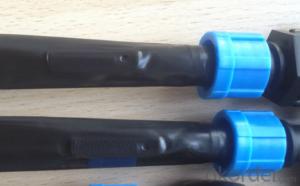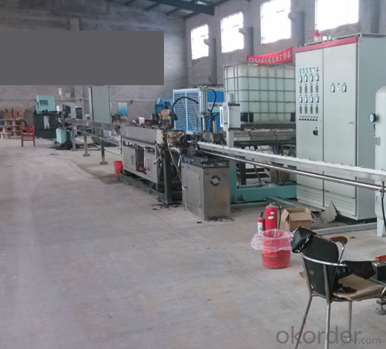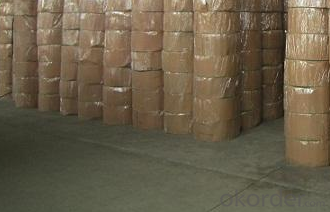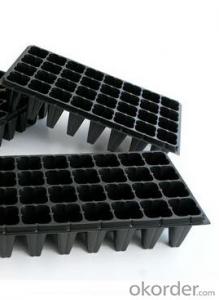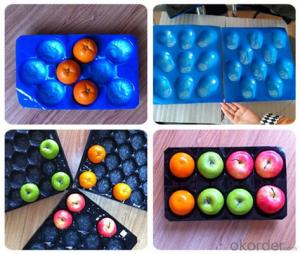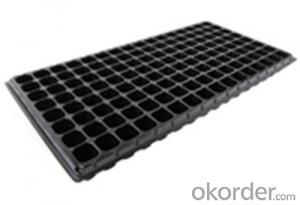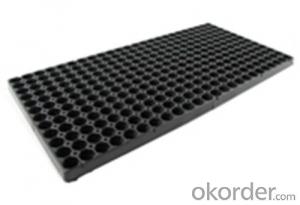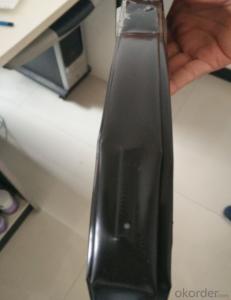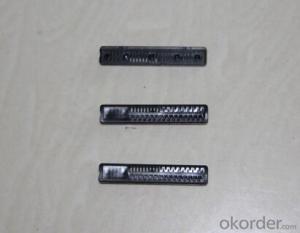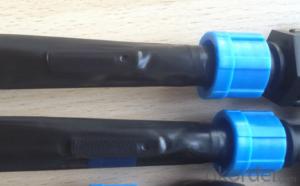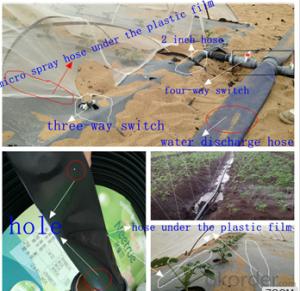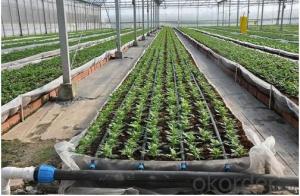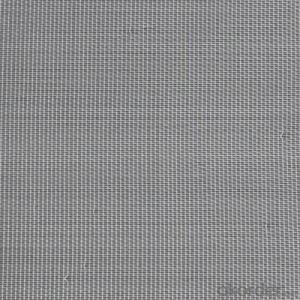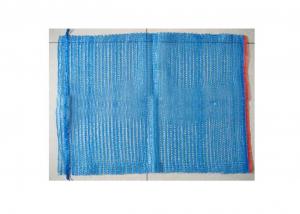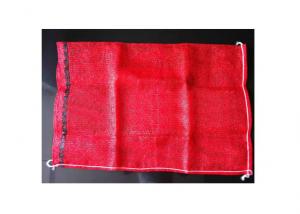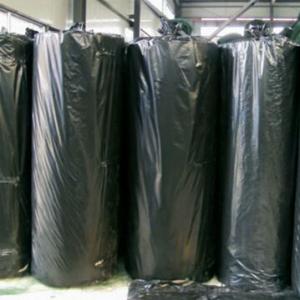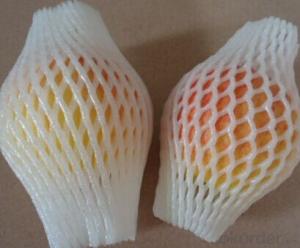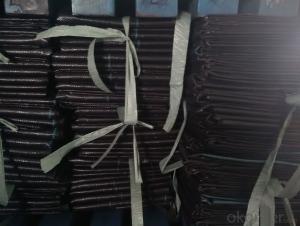Drip Tape Irrigation Tape distance 10cm Small Farm dry
- Loading Port:
- Tianjin
- Payment Terms:
- TT OR LC
- Min Order Qty:
- 199 m²
- Supply Capability:
- 1999999 m²/month
OKorder Service Pledge
OKorder Financial Service
You Might Also Like
The Application of new Plastic Agriculture Irrigation Pipe for Greenhouse:
Drip Tape Irrigation Tape distance 10cm Small Farm dry
The layflat hose has a wealth of residential and commercial applications, and it is usually used for general water transfer purposes as well as for submain.Generally layflat hoses are used in the industry of agriculture,in pipe lining and rehabilitation,in removing waste water,in mine dewatering ,in the chemical industry and even for household chores
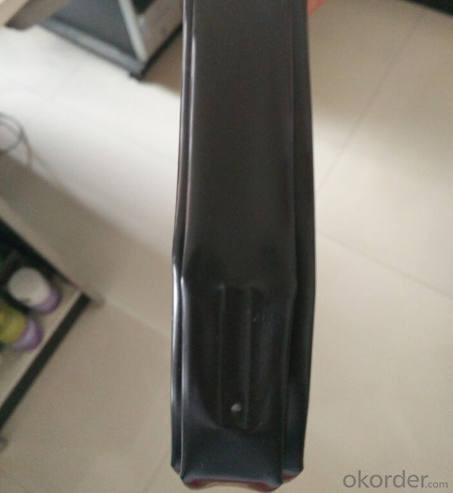
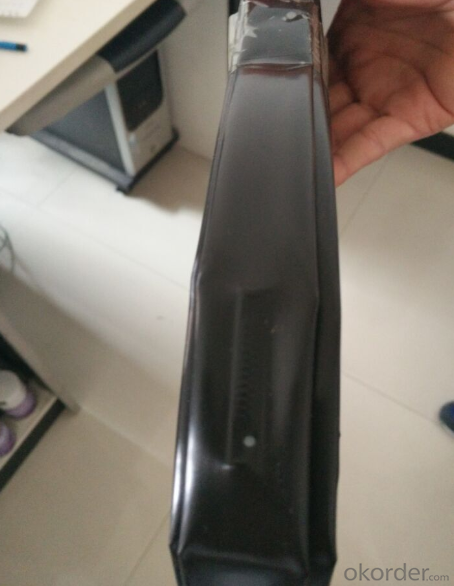
The decription of of new Plastic Agriculture Irrigation Pipe for Greenhouse:
Drip Tape Irrigation Tape distance 10cm Small Farm dry
Two layers of PVC bonded together encapsulating high tensile polyester fibers.
Thick wall dimensions and strong yarn structure help products to hold connections and resist bursting.
It assumes the conventional round appearance when pressure is being passed through it and then returns to its flat shape after use.It does not need drying and can be rolled immediately after use.
Drip Tape Irrigation Tape distance 10cm Small Farm dry
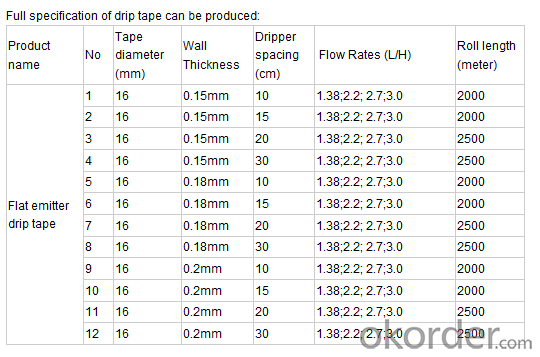
Features of of new Plastic Agriculture Irrigation Pipe for Greenhouse:
Drip Tape Irrigation Tape distance 10cm Small Farm dry
1.Great durability mainly given by the reinforcement and high-density PVC material.
2.The layflat hoses can have up to 12 inches diameter based on their applications.
3.Extra thickness are added in order to prevent bursting due to pressure in heavy industry.
4.Can be easily rolled up,stored and reused,as it has a very durable construction.
5.The hoses come with a variety of fittings and accessories ensures the water transfer process free of leaking.
6.Temperature range:-5°C~65°C(23~149F)
FAQ
Drip Tape Irrigation Tape distance 10cm Small Farm dry
1.Q:Are you manufactory or trade company?
A:We are the Manufactory specialized in drip irrigation more than 20 years; Our factory have passed IS09000.
2.Q:How can I get the samples?
A:If you need some samples to test, we can make as per your request .You should pay for the transportation freight of samples and our samples cost, while the samples cost can be refundable after you place the order if the amount meets our requirement.
3.Q:How much the transportation freight of samples?
A:The freight depends on the weight and packing size and your area.
4.Q:How long can I expect to get the sample?
A:The samples will be ready for delivery within one week. The samples will be sent via express and arrive in 7-10 days.
5.Q:Can we have our Logo or company name to be printed on your products or package?
A:Sure.Your Logo can be put on your products by Hot Stamping,Printing,Embossing,UV Coating,Silk-screen Printing or Sticker
- Q: How do agricultural plastic products help with plant disease prevention?
- Agricultural plastic products help with plant disease prevention by creating a physical barrier between plants and the external environment. This barrier reduces the risk of pathogen transmission, minimizes contact with pests, and provides a controlled microclimate that discourages the growth and spread of diseases. Additionally, plastic products such as mulch films and row covers can inhibit weed growth, which can harbor and spread diseases.
- Q: I don't get it. Is there some significance? Is there some reason? He'll just sit and gnaw on the toilet paper plastic or a plastic shopping bag or other plastic packaging...Why do cats do that?
- My does that too. Another however just pee on any plastic that he come across!
- Q: What measures can farmers take to reduce pollution caused by agricultural fertilizer bags in their fields?
- <p>Farmers can prevent pollution from agricultural fertilizer bags by using sustainable practices. They can opt for slow-release fertilizers that minimize runoff. Proper application rates and timing, based on soil tests, can reduce excess fertilizer that leaches into water systems. Farmers can also use precision agriculture techniques to apply fertilizers only where needed. Recycling or disposing of used bags properly and avoiding over-fertilization are also crucial. Integrating organic matter and crop rotation can enhance soil health, reducing the need for chemical fertilizers.</p>
- Q: What are the benefits of using plastic plant labels for plant identification?
- Using plastic plant labels for plant identification offers several benefits. Firstly, plastic labels are durable and weather-resistant, ensuring that they can withstand harsh outdoor conditions without fading or deteriorating. This makes them a long-lasting option for marking and identifying plants in gardens or nurseries. Additionally, plastic labels are easy to clean, which helps maintain their legibility and prevents the spread of plant diseases. Plastic labels are also customizable, allowing for the addition of specific information such as plant names, care instructions, or QR codes for accessing online resources. Finally, plastic labels are affordable and widely available, making them a convenient and cost-effective choice for plant identification purposes.
- Q: Are nursery trays suitable for succulent propagation?
- Yes, nursery trays can be suitable for succulent propagation. They provide a controlled and organized space for propagating succulents, allowing for easy monitoring and care. The individual compartments in nursery trays also help prevent cross-contamination and allow for individual growth. However, it's important to ensure that the trays have proper drainage to avoid overwatering and root rot in succulents.
- Q: my cat loves to lick plastic bags and pictures whygt;
- Many cats lick or gum plastic bags. The leading theory seems to be that materials that the bag was made from attract cats. Many plastic bags are made out of substances which are biodegradable, such as corn, and the smell and taste attract the cats. We have two cats who gum bags and we had another - my good friend Tom - who liked to gum photographic prints - prints on photographic paper, not inkjet printed photos. Licking or gumming is one thing, eating plastic is another. Just be sure they aren't actually eating the plastic. I don't think it would be very good if they are actually eating it.
- Q: What are the different types of plastic covers used in crop protection?
- There are several types of plastic covers used in crop protection, including mulch film, greenhouse film, row covers, and high tunnels. Mulch film is a thin plastic sheet that is laid over the soil to suppress weeds, retain moisture, and regulate soil temperature. Greenhouse film is a thicker plastic covering used to create a controlled environment for plant growth. Row covers are lightweight fabrics or plastic sheets that are draped over plants to protect them from pests, frost, and excessive sunlight. High tunnels, also known as hoop houses, are large plastic structures that provide protection from weather elements and extend the growing season for crops.
- Q: Are nursery trays suitable for hydroponic gardening?
- Yes, nursery trays are suitable for hydroponic gardening. They provide a convenient and efficient way to start and grow plants hydroponically. Nursery trays are designed to hold and support plants while allowing for proper aeration, drainage, and water circulation. They also help in organizing and optimizing space for the hydroponic system.
- Q: This question seeks to understand the positive economic impacts of utilizing biodegradable plastic products in agriculture.
- <p>The economic benefits of using biodegradable agricultural plastic products include reduced environmental cleanup costs, as these products break down naturally, avoiding the expenses associated with removing traditional plastics. They can also lead to cost savings in the long run by improving soil health, which enhances crop yields and reduces the need for chemical fertilizers. Additionally, biodegradable plastics can lower energy consumption and greenhouse gas emissions in the production process, which may result in financial incentives or subsidies in regions with environmental policies. Furthermore, they can create new market opportunities for agricultural businesses that adopt sustainable practices, potentially increasing their competitiveness and profitability.</p>
- Q: What are the benefits of using plastic silage bags for forage storage?
- The benefits of using plastic silage bags for forage storage include superior oxygen exclusion, which helps preserve the nutritional value of the forage, protection against weather elements, prevention of spoilage and mold growth, cost-effectiveness compared to alternative storage methods, and flexibility in terms of storage location and capacity. Additionally, plastic silage bags allow for easy and efficient feeding operations, reducing waste and ensuring a consistent supply of high-quality forage for livestock.
Send your message to us
Drip Tape Irrigation Tape distance 10cm Small Farm dry
- Loading Port:
- Tianjin
- Payment Terms:
- TT OR LC
- Min Order Qty:
- 199 m²
- Supply Capability:
- 1999999 m²/month
OKorder Service Pledge
OKorder Financial Service
Similar products
Hot products
Hot Searches
Related keywords
